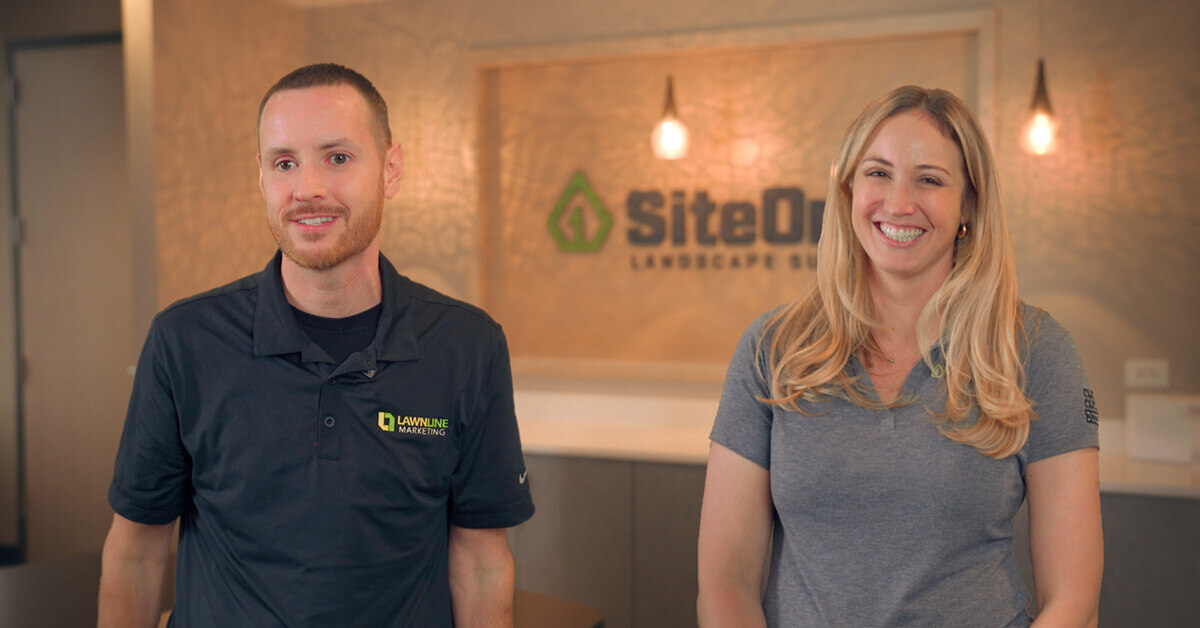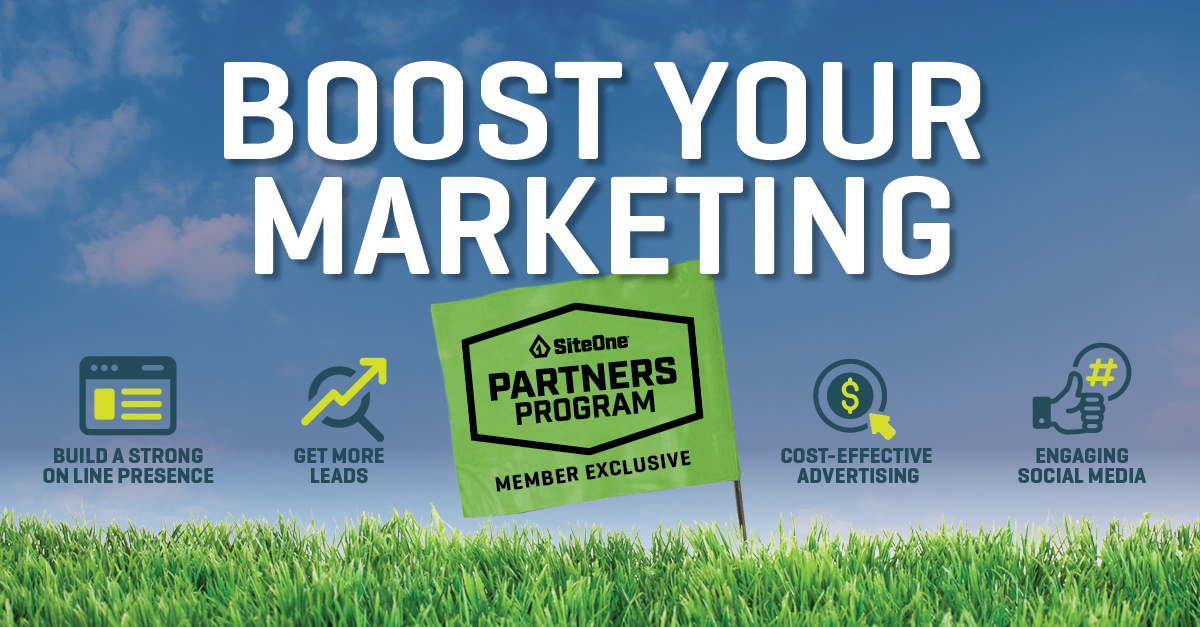By Cody See
 When I joined up with Jake to start our marketing agency, I thought I was prepared for any question or situation a landscaper might throw at us. Just like starting your own landscaping company, in our first couple of years we couldn't afford to be picky with clients. We accepted pretty much anybody willing to give us a chance, and as a result, we had a lot of strange conversations about websites and watched many expensive, preventable mistakes.
When I joined up with Jake to start our marketing agency, I thought I was prepared for any question or situation a landscaper might throw at us. Just like starting your own landscaping company, in our first couple of years we couldn't afford to be picky with clients. We accepted pretty much anybody willing to give us a chance, and as a result, we had a lot of strange conversations about websites and watched many expensive, preventable mistakes.
By sharing them here I hope this list saves you both time and money. You don't have to be an internet nerd to avoid making these rookie mistakes.
- Letting your domain name expire.
At a minimum, websites have two important pieces: a domain name and files (more about files and web hosting next). When people say "website", they're often referring to the domain name—for example, our domain name is evergrowmarketing.com. Yours might have a different ending like .net or .co, but yourcompany.net is a domain name as well.

For simplicity, many companies sell domains and web hosting at the same time and call them websites. They'll bundle the two together and give you the domain name free for a year. Once a year is up, it's time to renew (usually at the cost of less than $20 per year), and it's standard to set this payment to automatic so you don't accidentally lose your domain.
If you don't opt for automatic payments, the company will send you reminder emails telling you to renew. If you don't manually pay by the renewal date, your domain will enter a grace period where you can still recover it before being auctioned away. After that point, good luck getting it back.
We once had a client who let his domain name expire. It was purchased by someone in an eastern European country. We tried negotiating to get it back, but without success. His domain was gone.
Don't let this happen to you. Set up automatic payments for your domain and pay attention to your emails.
- Too long of website downtime.
Websites are made of files, and the companies that specialize in renting out space for you to put your website files are called web hosts or website hosting companies. They often brag about their "uptime" being 99% and higher, which is a fancy way of saying your website is accessible and their servers aren't undergoing maintenance.
For companies like Amazon and eBay, website downtime costs them millions of dollars. That's why they manage their own servers. For the rest of us, the occasional hour or two of server downtime for maintenance or upgrades is just a normal part of life. That's not the problem.
The problem is when you have extended downtime because something is wrong. If your website is down for several days, you risk having Google remove it from their index -- that is, being removed from Google. Companies that spend thousands of dollars on SEO every year can have their progress wiped out in a few short weeks.
I've seen entire websites disappear from Google after a month of neglect. Make sure you have a reliable web host and someone monitoring your website.
- Buying a replacement domain name.
Back to domain names: A lot of people think, "What's the big deal? If I ever need a domain name, I'll just buy a new one." If you don't care about the SEO of your business, then by all means, please do. But if you care about the free customers Google gives you, then you can't just buy a new domain name without a plan.
Unless you redirect people who try to visit your old domain name to your new domain name, Google won't understand what happened, so your new domain starts at zero. It takes months, if not years to truly establish a website's authority on Google. Casually buying a new domain without access to your old one is the fastest way back to the starting line with your digital marketing.
Advanced situations, like a rebrand, are different because you maintain access to both domains and can take necessary actions to minimize the impact of a domain name switch. One situation in particular I like talking about is acquisitions.
- Forgetting an acquired company's website.
Any landscaper who grows to the position of acquiring another landscaping business isn't a rookie, but most landscapers aren't doing acquisitions regularly. In that way, they're at least acquisition-rookies.
I've lost count of the number of times we were last in line to hear about a client's recent acquisition, and look, I get it. If you buy another landscaping company, you should first focus on things like vetting their books and appraising the value of their equipment, then worry about their digital assets -- but don't forget about them.
At a minimum, get control of the acquired company's domain name and redirect it to your website. If you have time, send people to a page with a message welcoming existing clients as well as explain the recent acquisition to anyone looking for the old company. You bought them for a reason, so take advantage of the reputation they built and use it as an opportunity to get more customers.
About
Cody See is the co-owner of Evergrow Marketing, a digital marketing agency that specializes in the landscaping and lawn care industry.
 When I joined up with Jake to start our marketing agency, I thought I was prepared for any question or situation a landscaper might throw at us. Just like starting your own landscaping company, in our first couple of years we couldn't afford to be picky with clients. We accepted pretty much anybody willing to give us a chance, and as a result, we had a lot of strange conversations about websites and watched many expensive, preventable mistakes.
When I joined up with Jake to start our marketing agency, I thought I was prepared for any question or situation a landscaper might throw at us. Just like starting your own landscaping company, in our first couple of years we couldn't afford to be picky with clients. We accepted pretty much anybody willing to give us a chance, and as a result, we had a lot of strange conversations about websites and watched many expensive, preventable mistakes.


